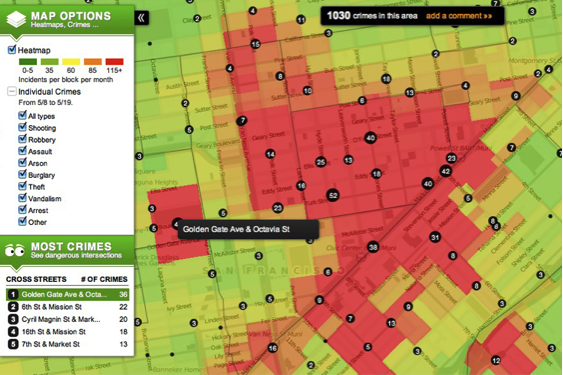 In the last article, we discussed how IFPS practitioners can keep themselves safe while in the field. In this post, we would like to focus on what supervisors can do to assist their workers in staying safe in the field.
In the last article, we discussed how IFPS practitioners can keep themselves safe while in the field. In this post, we would like to focus on what supervisors can do to assist their workers in staying safe in the field.
There are three types of things supervisors can do to help their IFPS practitioners stay safe when working with families in their neighborhoods and homes:
- Training and preparation
- Preparation for specific family situations
- Availability in emergencies
Training and Preparation
- Prevention is the first line of defense. Take steps to ensure the safety of all practitioners before they are needed.
- Conduct in-house training to be sure that practitioners understand the importance of keeping themselves safe and have strategies for doing so (e.g., plan an emergency escape route).
- Offer ongoing training on verbal de-escalation techniques.
- Identify high-crime neighborhoods.
- Make sure you are approachable to so that practitioners feel comfortable talking about how they feel in the field.
- Encourage practitioners to report back to you immediately if they feel they or their clients are at risk.
- Keep a session log to document the practitioner’s whereabouts.
- Know the types of cars that your practitioners drive.
Preparation for Specific Family Situations
- Complete a risk assessment for each client family.
- Plan in advance with the practitioner what safety measures are needed with each family or when going into a specific neighborhood.
- Ask practitioners to check in by phone at pre-arranged times when they are in potentially risky situations.
- Establish procedures if a practitioner does not call in at expected times.
- Assist in the field when needed. Offer—don’t wait to be asked.
- Implement a buddy system, as needed.
Availability in Emergencies
- Be available to offer support during emergencies by phone or in person.
- Keep your phone with you at all times.
- Ask another team member to be on call if you know you won’t be available.
- Offer strategies to defuse the situation.
- Provide effective and clear communication in emergencies.
- Don’t hesitate to call the police when necessary.
Supervisors around the nation, we would like to hear from you. Please share your experiences and your safety tips for keeping your practitioners safe. We will all benefit from your suggestions.
_______________
Posted by Moneefah Jackson
